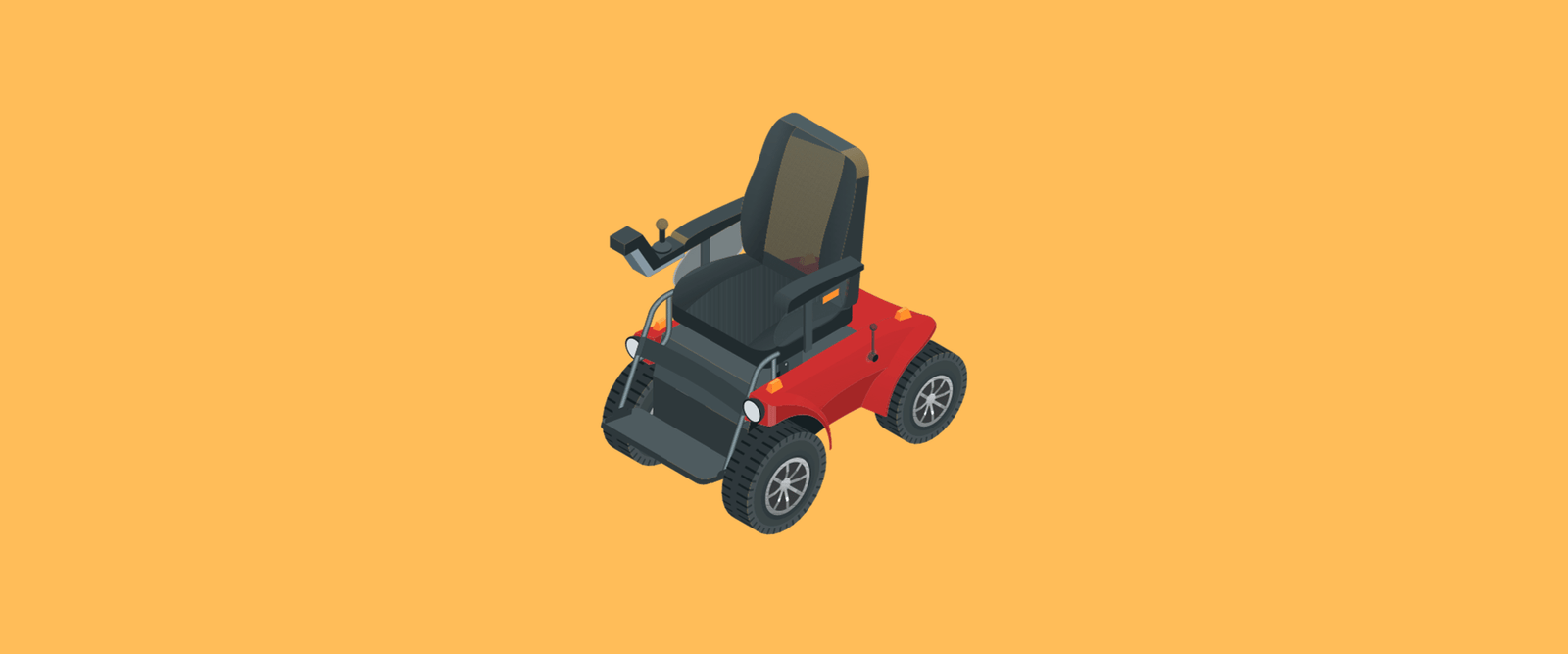Quick Answers
Understanding Electric Power Chairs: Electric power chairs, or power wheelchairs, are motorised mobility aids operated by rechargeable batteries, offering a distinct advantage over manual wheelchairs in terms of ease of use.
Who Benefits: Electric power chairs are beneficial for individuals with various mobility challenges, such as spinal cord injuries, muscular dystrophy, cerebral palsy, and more, especially those with limited upper body strength.
Key Advantages: These chairs provide enhanced mobility, independence, and efficiency, featuring adjustable seating options and user-friendly controls, particularly suitable for those with limited upper body strength.
Electric power chairs, also known as power wheelchairs, have become invaluable mobility aids for individuals with disabilities or limited mobility. As these motorised devices become more prevalent, many questions arise about their use, features, and benefits. This FAQ guide will address some of the most frequently asked questions about electric power chairs to provide valuable information.
Top Electric Powerchairs
1. What is an electric power chair, and how does it differ from a manual wheelchair?
An electric power chair is a motorised wheelchair that uses a rechargeable battery to provide mobility. Unlike manual wheelchairs, which require physical effort to propel, power chairs are operated using a joystick or control panel, making them suitable for individuals with limited upper body strength or mobility.
2. Who can benefit from using an electric power chair?
Electric power chairs are suitable for individuals with various mobility challenges, including spinal cord injuries, muscular dystrophy, cerebral palsy, multiple sclerosis, and other conditions that limit their ability to use a manual wheelchair effectively.
3. What are the key advantages of using an electric power chair?
The main advantages of electric power chairs include enhanced mobility, independence, efficiency in daily tasks, versatile features like adjustable seating, and ease of use, particularly for those with limited upper body strength.
4. How do I operate an electric power chair?
Electric power chairs are typically operated using a joystick control. Moving the joystick in the desired direction will propel the chair accordingly. Some chairs also have alternative control options for individuals with specific needs.
5. What is the battery life of an electric power chair, and how long does it take to recharge?
Battery life varies depending on the chair’s model, terrain, and usage. On average, power chair batteries can last 8 to 15 miles on a single charge. Depending on the battery and charger specifications, recharge times typically range from 4 to 12 hours.
6. Can I use an electric power chair outdoors and on uneven terrain?
Yes, many electric power chairs are designed for indoor and outdoor use. Some models even have all-terrain capabilities, allowing users to navigate rough or uneven terrain more easily.
7. Are there any weight limits for electric power chairs?
Electric power chairs come in various weight capacities, with some designed to accommodate heavier users. Choosing a chair that matches your weight and size requirements for safety and performance is essential.
8. Do electric power chairs require maintenance?
Like any complex piece of equipment, electric power chairs require regular maintenance. This includes battery maintenance, tire checks, and occasional servicing by a qualified technician to ensure they remain in good working condition.
9. Can I transport an electric power chair in a vehicle?
Yes, many electric power chairs can be disassembled or folded for transportation in a vehicle. However, checking the chair’s dimensions and weight is essential to ensure it’s compatible with your vehicle’s storage capacity.
10. Can I get financial assistance or insurance coverage for an electric power chair?
In many cases, individuals with disabilities can access financial assistance or insurance coverage to help offset the cost of an electric power chair. Programs like Medicaid, Medicare, and private insurance providers may offer a range, but eligibility criteria vary by location and provider.
Electric power chairs offer increased mobility and independence for individuals with mobility challenges. Suppose you have more specific questions or are considering purchasing one. In that case, it’s advisable to consult with a healthcare professional or mobility specialist who can provide personalised guidance based on your needs and circumstances.






